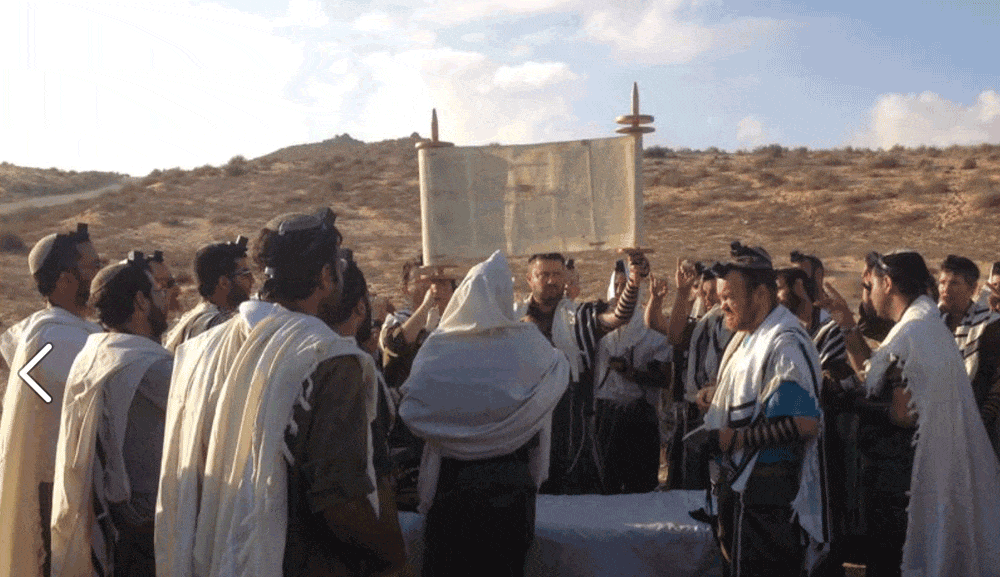When confronting Goliath in the Bible, “David said to the Philistine, ‘You come against me with sword and spear and javelin, but I come against you in the name of the LORD Almighty, the God of the armies of Israel, whom you have defied.'” (1 Samuel 17:45)
As Israeli troops prepared for a likely ground incursion into Gaza, one brigade commander, Col. Ofer Winter, composed a Biblical-style letter to his subordinate officers as reported by The Times of Israel that sounds reminiscent of [King] David’s battle cry approximately 3,000 years ago:
“History has chosen us to spearhead the fighting (against) the terrorist ‘Gazan’ enemy which abuses, blasphemes and curses the God of Israel’s (defense) forces…We have planned and prepared for this moment and we take the mission upon ourselves out of commitment, complete humility, and because we are prepared to endanger ourselves and lay down our lives in order to protect our families, our people and our homeland.”
Col. Winter also invoked the Shema (“Hear O Israel, YHVH is our God, YHVH One, Blessed be the glorious name of His Kingdom forever”), and called upon “the God of Israel” to “make our path successful as we go and stand to fight for the sake of your people of Israel against a foe which curses your Name.”
But the politically correct hounds are very unhappy with this heroic officer. Warning of “a growing phenomenon of religious terminology entering the military… an extremely dangerous trend,” the executive director of an Israeli organization promoting religious freedom labeled the letter “outrageous” and accused Col. Winter of turning the conflict from one against terror into “a religious war.” He declared, “I would expect IDF (Israel Defense Force) commanders to remember that the IDF is the army of the people and not a religious militia.”
But prayer intercessors realize that all warfare involves the spiritual realities.
Therefore, please pray these points compiled by Martin Sarvis in Jerusalem:
* For Col. Winter, that he would find favour with his fellow officers and those under his authority who received his letter. That many would be influenced by his stand.
* That YHVH Tzevaot –”Yehovah of Armies” (one of the most frequently used names of God in the Hebrew Bible) would encourage him and grant him more revelation in His ways.
* That he would not be swayed by the foolish criticisms of ungodly (including religious) men, but stand like Joshua, who fell on his face before Sar-Tzevah-YHVH—“Commander of the Army of the LORD” and worshiped, and asked, “What does my Lord say to His servant; like Jephthah, who “spoke all his words before the LORD”, who knew his military history and believed that “whatever YHVH our God takes possession of before us, we will possess”; like David who came against his enemy “in the name of YHVH of Armies, God of the Arraying of Israel, whom you have defied!”, who knew deep within himself that “the battle is the LORD’s!” (Joshua 5:14; Judges 11:11, 14-24; I Samuel 17:45, 47).






Leave A Comment